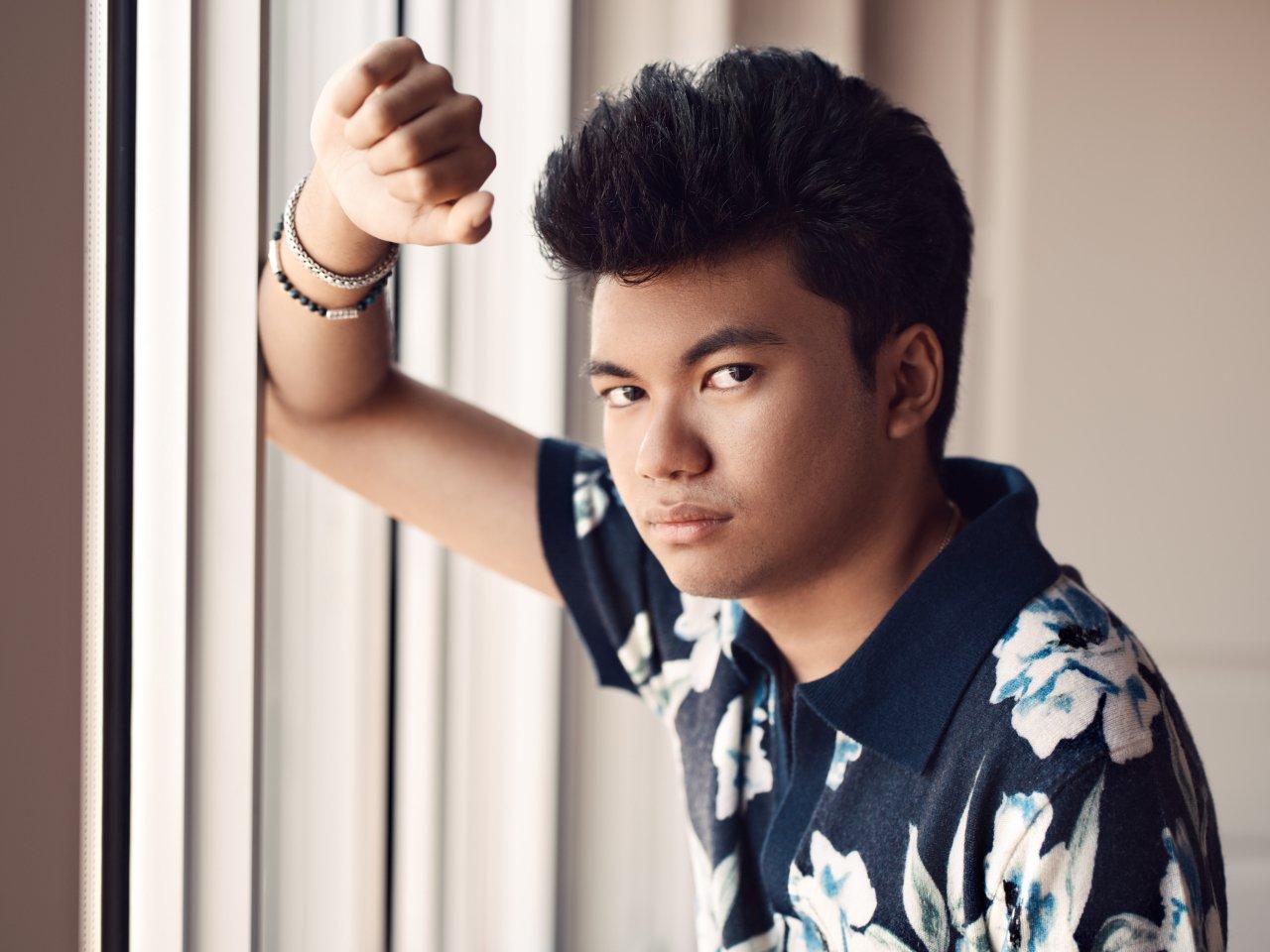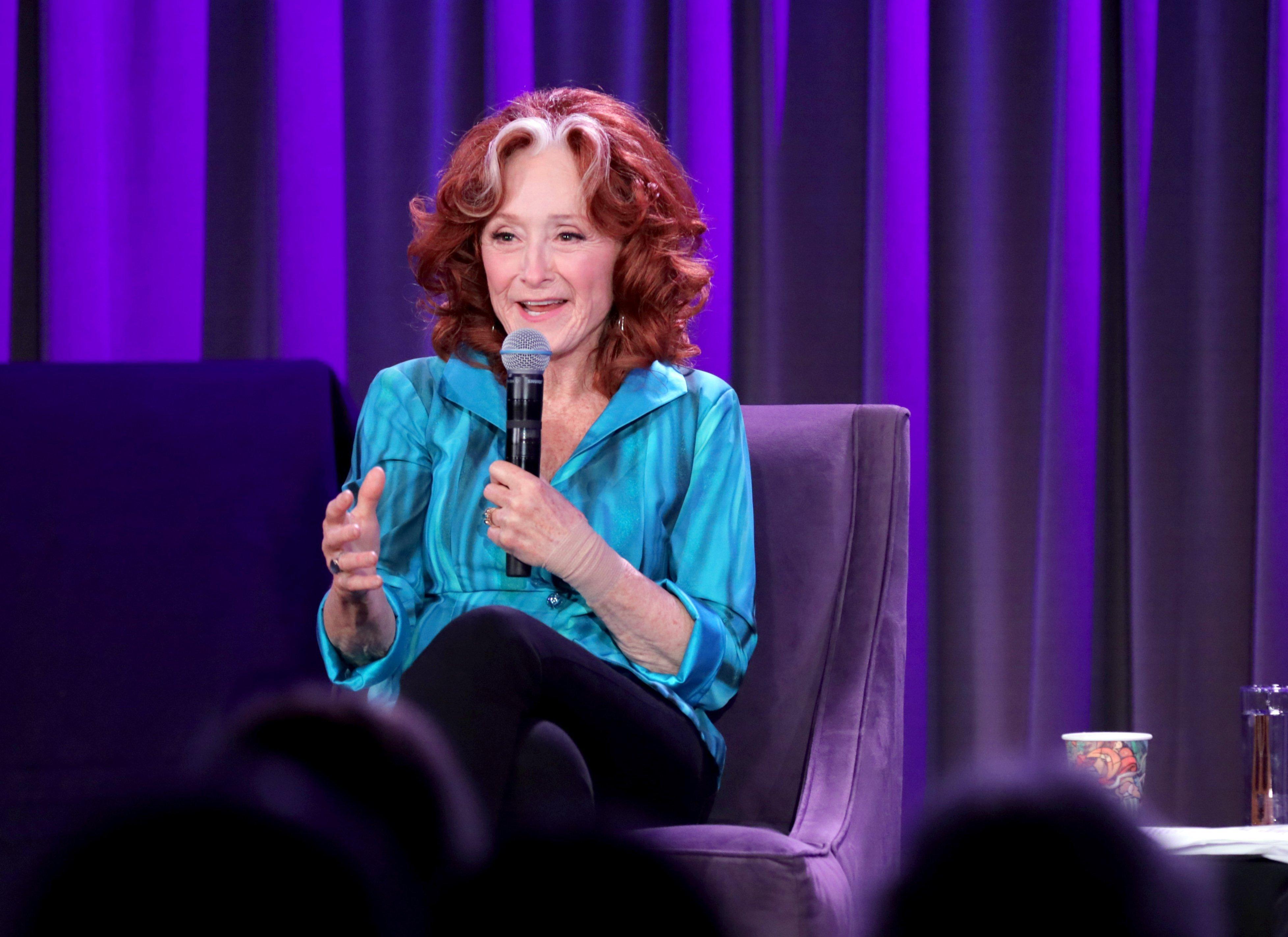(Check back for GRAMMY.com's daily blog coverage from South by Southwest in Austin, Texas, including reports on Recording Academy-related events. Meanwhile, visit The Recording Academy on Facebook, Twitter and Instagram for more SXSW updates.)
When Stephen Bruton, the late GRAMMY-winning co-producer of the Crazy Heart soundtrack, and his friend, film director Gary Fortin, began planning an epic concert they dubbed "Road To Austin," their intent was to honor Bruton's longtime friend, mentor and musical boss, three-time GRAMMY winner and Lifetime Achievement Award recipient Kris Kristofferson.
By the time the three-hour concert took place on May 19, 2007, Bruton had just completed his first round of chemotherapy and radiation after being diagnosed with throat cancer. The event became a celebration of the singer/songwriter's life and career, which included stints with GRAMMY winners Bonnie Raitt, Bob Dylan, Delbert McClinton, and childhood friend (and fellow Crazy Heart co-producer) T Bone Burnett, along with producing and contributing to albums for a wide range of artists. Almost exactly two years later, on May 16, 2009, Kristofferson stood in a Fort Worth, Texas, church, eulogizing his friend before Raitt, McClinton, Joe Ely, and other "Road To Austin" players.
Kristofferson discusses his friend in the introduction to the Road To Austin documentary, which will world premiere March 13 during South by Southwest in Austin, Texas. Fortin and Kristofferson have also launched the Artist Wellness Program in Bruton's name, a free biomarker screening program designed to aid in the early detection and prevention of life-threatening health issues. Now in its pilot phase, the program will be funded from sales of a Blu-ray Disc/DVD version of the documentary that also features the full 38-song concert.
For Kristofferson and Fortin, who wrote, directed and produced the documentary and concert film, the project is a labor of love. Fortin says their rallying cry — "Why wait for somebody to get sick before you try to help him?" — came from Bruton.
"Everybody had signed on and Stephen had not been diagnosed yet," recalls Fortin, who conceived the concert with his friend following a performance Bruton organized for the 2006 World Congress on Information Technology.
Fortin and Bruton raised approximately $2 million in sponsorship funding to gather top local and national talent for the free concert in 2007. Austin-based performers included GRAMMY-winning guitarist Eric Johnson, Faces/Small Faces keyboardist Ian McLagan, singer/songwriter Alejandro Escovedo, blues guitarist Carolyn Wonderland, GRAMMY-nominated vocalist Ruthie Foster, and Derek And The Dominos keyboardist Bobby Whitlock and his wife, vocalist/saxophonist CoCo Carmel.
In addition to their onstage interaction, the documentary captures interviews with many of the 60 performers, who clearly revered Bruton as a friend and musical talent.
"One of the great things about Austin is the way musicians fall in love with each other and give each other so much support," Raitt says in the film. "And the most loyal audiences, and curious, in the world [are] right here."
Fortin used seven cameras for the shoot, his directorial debut. He's spent the last three years working on the film — nine months on editing alone.
"At first, I couldn't even look at the footage without crying my eyes out," he says. Though Bruton looks well enough onstage, Fortin says his friend was so weak that when he's shown sitting down in the film he's actually taking in nourishment through a feeding tube.
"Stephen Bruton was the epitome of health until this," Fortin notes. "He ran, he fasted, he was the head of Alcoholics Anonymous in South Austin. If it can happen to him, it can happen to anybody.
"I remember telling him, 'Stephen, you don't have to do this. I'll produce around you.' And he whispered, 'Gary, I have to do this. This is what got me through treatment.'
"We threw the sink at it that night," Fortin adds. "No one realized that it would turn out to be a giant celebration of his life. It's the only performance of Bonnie, Delbert, Kris, and Stephen onstage at the same time."
But Road To Austin is about more than capturing these performers in their element. It's a well-researched and engagingly presented look at Austin's musical history, tracing the city's origins to, as narrator Turk Pipkin describes in the film, "the back-alley bordellos, honky-tonk saloons and the German beer gardens of a hardscrabble town in the middle of nowhere" that served as a haven for "desperados, rogues and classically trained German musicians."
"I really wanted to be able to quantify that Austin is the live music capital of the world, and [it's] not just a marketing [phrase]," Fortin explains.
But when people ask why he devoted years of his life to this project, he responds, "It's simple. I miss my friend. I love him and I miss him. It's important to me. I wanted to do something to make a difference."
(Austin-based writer/editor Lynne Margolis contributes regularly to print, broadcast and online media including American Songwriter and Lone Star Music magazines. Outlets also have included the Christian Science Monitor, Paste, Rollingstone.com and NPR affiliates. A contributing editor to the encyclopedia, The Ties That Bind: Bruce Springsteen From A To E To Z, she also writes bios for new and established artists.)




